According to Sisters Inside CEO Debbie Kilroy OAM, it is “beyond outrageous” that more than 400 Aboriginal people have died in custody since the Royal Commission into Aboriginal Deaths in Custody (RCIADIC) report was tabled on 15 April 1991.
Given recent incidents in the Northern Territory and Victoria, the apparent government apathy for Indigenous Australians is concerning, and it appears that governments are reluctant to adequately address the Royal Commission’s report and to further implement the majority of the recommendations.
Debbie said the ongoing narrative of Indigenous deaths in police custody could be largely accounted for by the failure of successive governments to implement the majority of the recommendations. She said this reflected the deep racism underpinning our dominant colonial culture.
Arguably, this deep racism lies in the heart of institutionalisation. The general public and many practitioners may not be aware of the ongoing mistreatment of inmates while being incarcerated, particularly First Nations women.
“The general public is largely unaware of realities such as strip-searching of women with a history of sexual assault; the ‘replacement’ of violent partners by violent male officers with similar arbitrary power over women prisoners’ lives; and use of solitary confinement (against all medical advice) for people who are suicidal,” Debbie said.
“Potential allies may be shocked into action by a campaign to require Australia to meet its human rights obligations in the treatment of women prisoners…this means engaging with socially-conscious non-First Nations people and giving them the understanding and means to contribute to social change.”
However, this should not take authority away from Indigenous leadership or activism.
“Many want to contribute but don’t know how,” she said.
To understand potential solutions, it is necessary to have at least a basic understanding of relevant social factors and, just as importantly, a perspective on solutions that are sustainable and economically viable.
For Debbie, the solution is “to depower police and abolish prisons, although this is clearly a long-term goal”.
Among other things, education is essential in helping the general community to understand the realities of incarceration, particularly for First Nations peoples. Debbie says that incarceration should be the last option, especially for minor, simple offences, because “imprisonment is in and of itself criminogenic…the more people are imprisoned, the more will return to prison”.
She said the Queensland Productivity Commission had recently predicted that, on current trends, prisons alone would cost the Queensland economy $5.2 to $6.5 billion by 2025, excluding collateral costs for other social needs such as child protection or health systems. “The alternatives to imprisonment are significantly cheaper over both the short and long term,” she said. “First Nations-controlled organisations should be the preferred designers and providers for all services to First Nations peoples.
“Services designed and provided by governments and other colonial organisations have been a demonstrable and abject failure, leaving vulnerable First Nations individuals and communities worse off. First Nations organisations must be allowed time to repair this damage, learn through experiences and experiment (including having failures), and progressively develop viable models of service for their own communities.
“Current models of tendering and service which emphasise short term ‘outcomes’ are totally unsuited to First Nations communities – funding should be highly flexible and the direction of services under control of the community, rather than funding providers.”
Queensland Law Society encourages members of the profession to participate and contribute, becoming more culturally conscious and a part of the dialogue for positive change and just solutions.
For further developments in this area, see qls.com.au/rap.
Joshua Apanui is the RAP Coordinator at Queensland Law Society under a First Nations cadetship.
This story was originally published in Proctor June 2020.


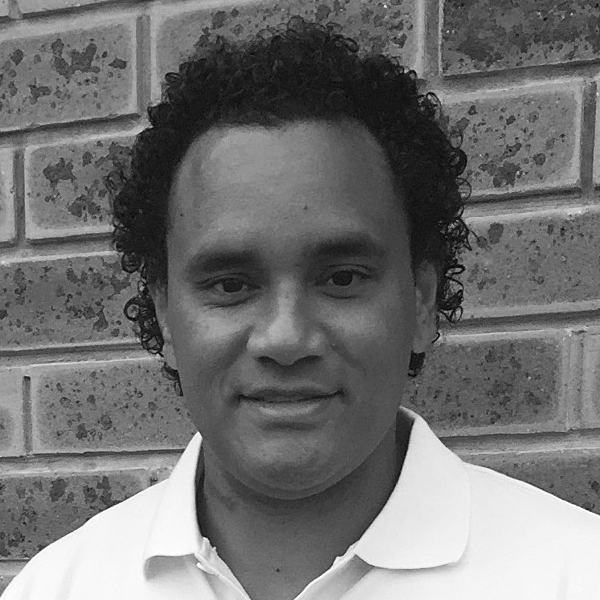
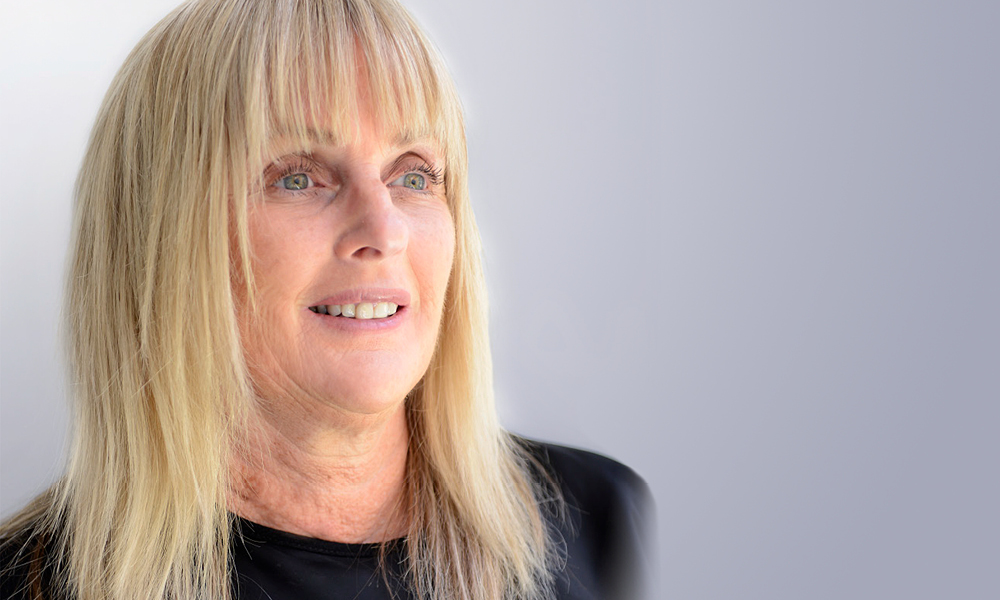




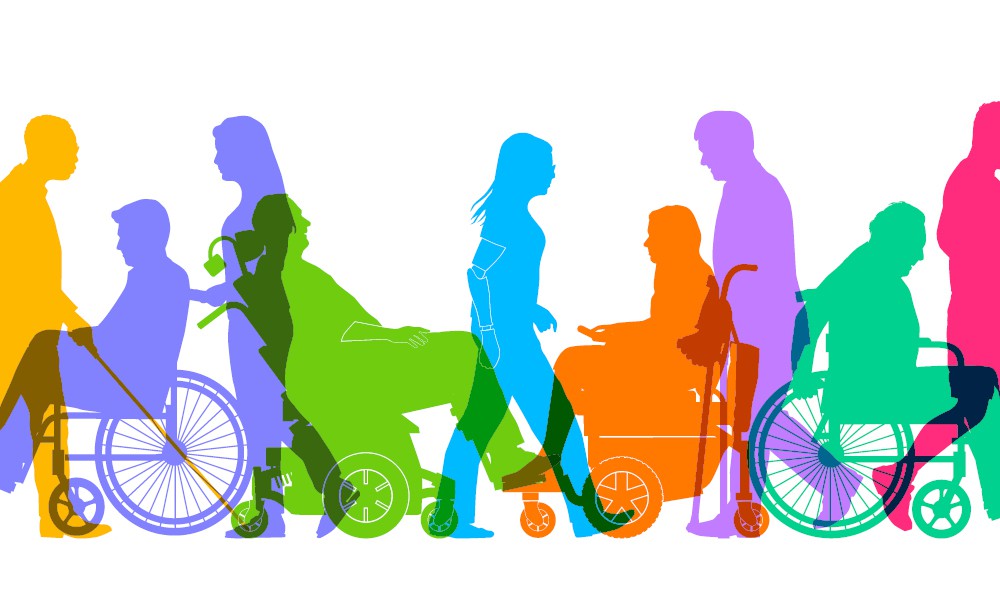

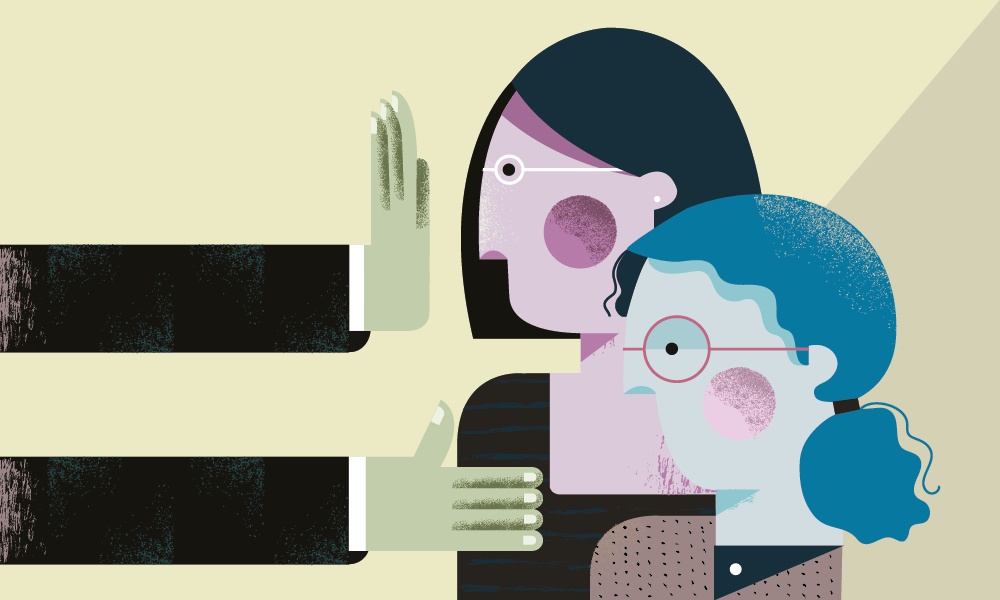
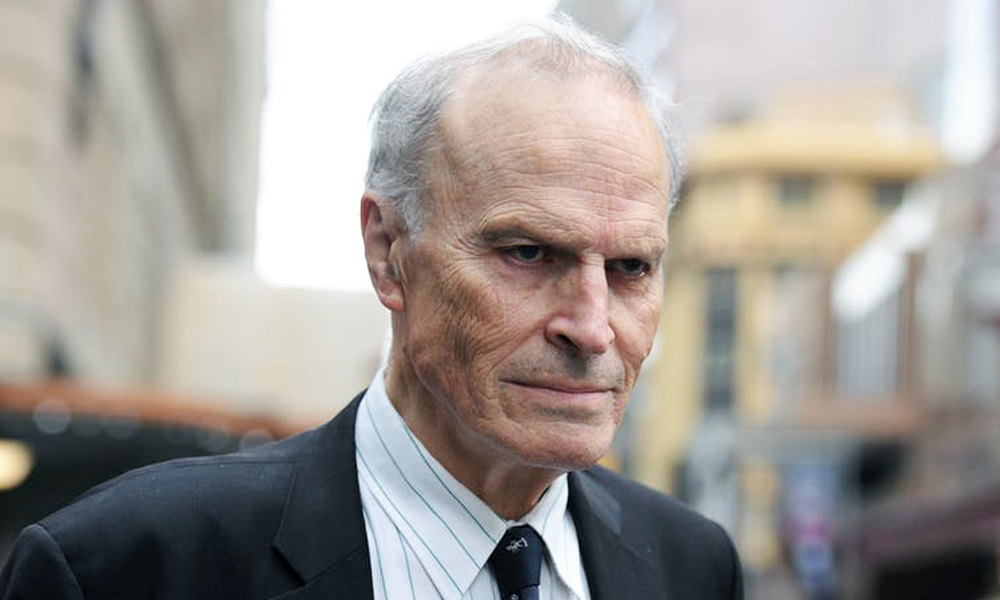


Share this article